Sex Slavery and Impotent Outrage
In the summer, when we are always in the mood for fun and frolic, "The Whistleblower" is an easy movie to ignore. But we should not.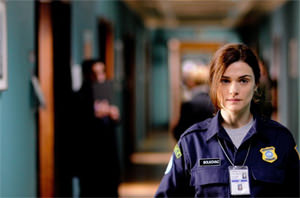
tells the story of Kathryn Bolkovac (Rachel Weisz), a young American police officer, who, finding herself at loose ends, takes a high-paying U.N. job in Bosnia in 1999. There, she more or less innocently stumbles across a case involving the trafficking of young women for purposes of prostitution, or, to call the crime by its rightful name, sex slavery. It does not take her long to discover that what appears to be an isolated instance is, in fact, a vast conspiracy, involving hundreds of people and millions of dollars — and the complicity not only of the American company charged with bringing order out of the chaos that was Bosnia in those days, but of police officers and even U.N. personnel.
Bolkovac essentially has no help in her investigations; mostly her outrage is greeted with winks and nods (and bureaucratic indifference) from colleagues and superiors (notable exceptions are provided by Vanessa Redgrave as the head of a women’s rights and gender unit and David Strathairn as a U.N. official). But she is particularly touched by the stories of two trafficking victims, and soon her office walls are covered with photos of criminal suspects. More important, she begins participating in raids on the brothels, where conditions are far more brutal than even she suspected. In time, Bolkovac is fired from her job, but she does manage to get out with evidence, which she uses to call attention to the horrendous conditions in Bosnia.
Much good it does her. In the week I saw this film, there were new reports of similar conditions in India and of an international child pornography ring being busted in the United States and elsewhere, some victims of which were scarcely more than infants. One despairing thinks that this is a crime that has no end. Its victims are too anonymous; they have almost no one to speak for them and the world simply hurries on to more “important” criminal activities.
Nor is “The Whistleblower,” which is a first feature for director Larysa Kondracki, a perfect introduction to the subject. It is a very blunt film and it does not scant on the brutality visited on its imprisoned victims, which is a good thing. In the passages involving the two young women whose fates claim most of Bolkovac’s attention, Kondracki’s style is strong and rather touching. The victims’ fear — quite justified as it turns out — about coming forward with their stories is palpable. They are being asked to lay their lives on the line for a cause they know is dubious at best.
But the film is curiously suspenseless, jerked to wayward life only by the occasional police raid or exposé of conditions within the brothels. Weisz is a lovely and earnest actress, but her character is insufficiently menaced by the criminals she is investigating. She spends more time trying to interest her employers in what she has discovered than in active conflict with the criminals. There is something plodding about the film. You hate to say it, but more suspenseful (and fictionalized) plotting might have improved the commercial chances of this film.
But perhaps that doesn’t matter in the end. A statement has been made on a subject that generally has not been treated in the movies or, for that matter, in the press. And that’s important. In the summer, when we are always in the mood for fun and frolic, “The Whistleblower” is an easy movie to ignore. But we should not. For all its flaws and hesitations, it is a significant film, worth attending and thinking about. Outrage — even impotent outrage — is an appropriate response to it. Maybe sometime someone will heed its call.
Richard Schickel, whose celebrated and prolific career spans 50 years, has been the film critic for Time and Life magazines, has written more than 20 books and has produced, written and directed numerous documentaries.
Your support matters…Independent journalism is under threat and overshadowed by heavily funded mainstream media.
You can help level the playing field. Become a member.
Your tax-deductible contribution keeps us digging beneath the headlines to give you thought-provoking, investigative reporting and analysis that unearths what's really happening- without compromise.
Give today to support our courageous, independent journalists.
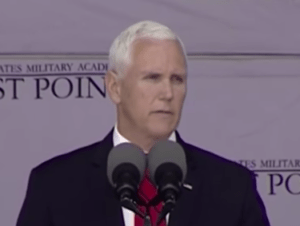
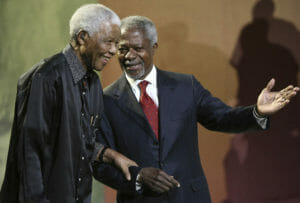

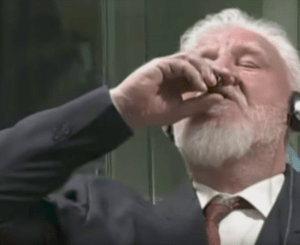
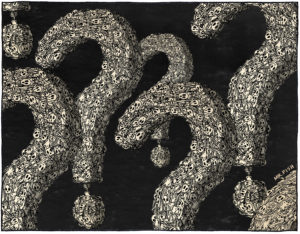
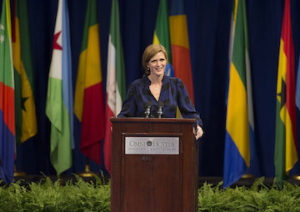
You need to be a supporter to comment.
There are currently no responses to this article.
Be the first to respond.